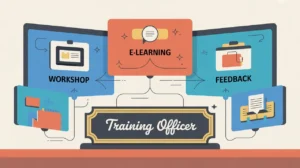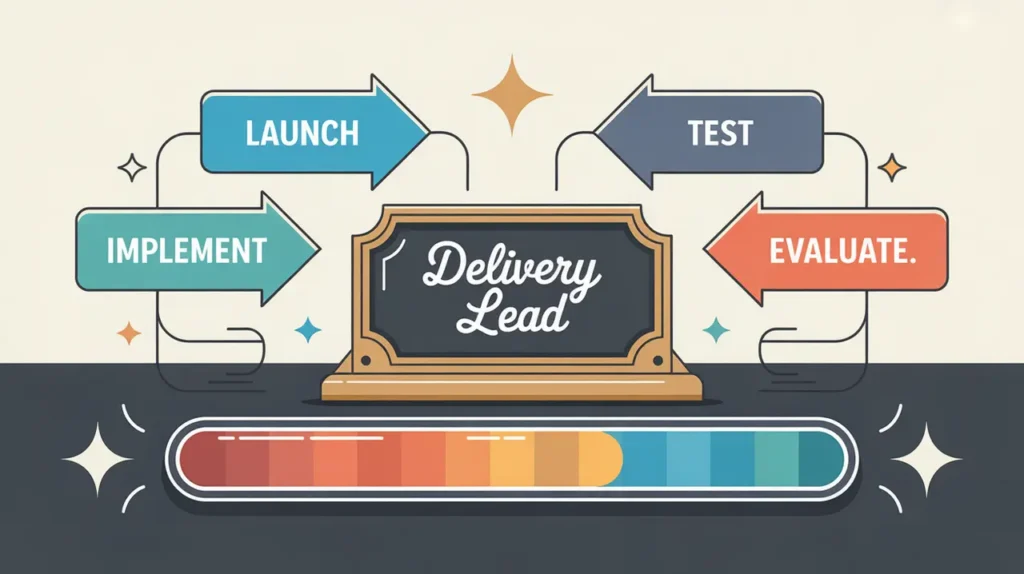What Does the Data Analyst Role Involve?
A data analyst collects, cleans, analyzes, and interprets data to inform organizational decision making. This involves managing datasets, applying statistical and analytical methods, building dashboards and reports, and working with teams to translate data into actionable insights. The role typically sits within data, monitoring and evaluation, research, or operations functions depending on the organization’s structure. In both nonprofits and social enterprises, data analysts play a vital role in helping teams understand performance, measure impact, optimize operations, and make evidence-informed decisions.
At What Level does this Role Operate?
Mid Level: This role typically reports to a data lead, director of data and insights, or monitoring and evaluation manager. It involves significant technical work with moderate autonomy, including responsibility for data quality, analysis, and communication of findings.
Relative Employability: Data analyst roles are in high demand across nonprofits, social enterprises, philanthropic institutions, educational organizations, and the private sector. Organizations increasingly rely on data to drive strategy, monitor outcomes, and communicate impact, which makes experienced data analysts highly employable.
Relative Pay Scale: Within nonprofits and social enterprises, data analyst roles sit in the mid pay bands, reflecting their technical expertise and central role in evidence-based decision making.
What are the Key Responsibilities and Activities?
- Collect, clean, and manage datasets from multiple sources to ensure accuracy and completeness
- Conduct quantitative and qualitative analyses to identify trends, patterns, and insights
- Build dashboards, reports, and data visualizations to communicate findings effectively to stakeholders
- Support program teams, leadership, and fundraisers with data needed for strategy and reporting
- Develop and maintain systems and processes for regular data updates and quality checks
- Collaborate with IT, monitoring and evaluation, and research teams to align data practices
- Translate technical analyses into clear, actionable recommendations for decision makers
- Contribute to building a culture of data use within the organization
What Core Competencies and Qualifications are Needed?
Required Qualifications and Experience
The following reflect common qualifications and experience expected for this role, while recognizing that pathways may vary by context, organization, and region.
- Relevant academic background in statistics, economics, computer science, data science, public policy, or a related field, or equivalent professional experience
- Several years of experience in data analysis, monitoring and evaluation, research, or business intelligence
- Proficiency in data analysis tools and languages such as Excel, SQL, Python, R, or visualization platforms like Tableau or Power BI
- Strong understanding of data cleaning, manipulation, and validation techniques
- Experience communicating findings to non-technical audiences
Key Competencies
- Analytical and statistical skills
- Data management and cleaning expertise
- Proficiency in data visualization and reporting
- Problem solving and critical thinking abilities
- Clear communication with both technical and non-technical stakeholders
- Attention to detail and commitment to data integrity
How are AI and Automation Shaping this Role?
An AI-native data analyst will look to AI and automation to enhance data processing, pattern detection, and analytical depth. They can use AI tools to automate data cleaning, identify anomalies, and surface insights that might otherwise remain hidden in complex datasets. AI can support predictive modeling, natural language processing, and real-time analytics, while automation can streamline reporting workflows and dashboard updates. By integrating AI thoughtfully, data analysts can focus more on interpretation, storytelling, and strategic advising rather than routine data tasks.
What Career Pathways and Transferable Skills are Associated with this Role?
Data analyst roles often lead to data scientist, data lead, director of data and insights, or strategy and research leadership positions. The skills developed in analysis, visualization, and data communication are highly transferable across nonprofits, social enterprises, corporations, philanthropic institutions, and public agencies. Professionals in this role are well positioned to influence organizational strategy and impact through data-informed decision making.







